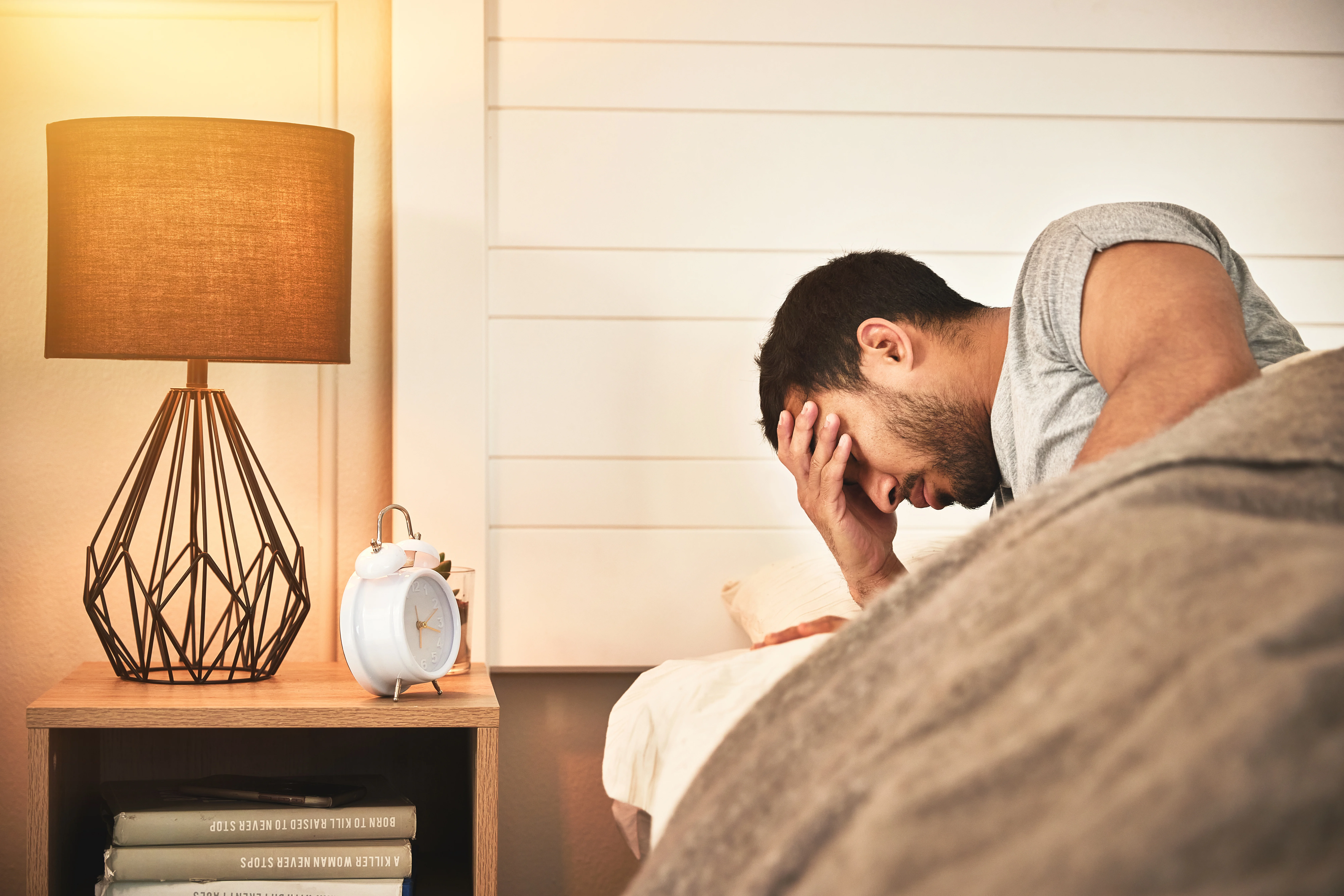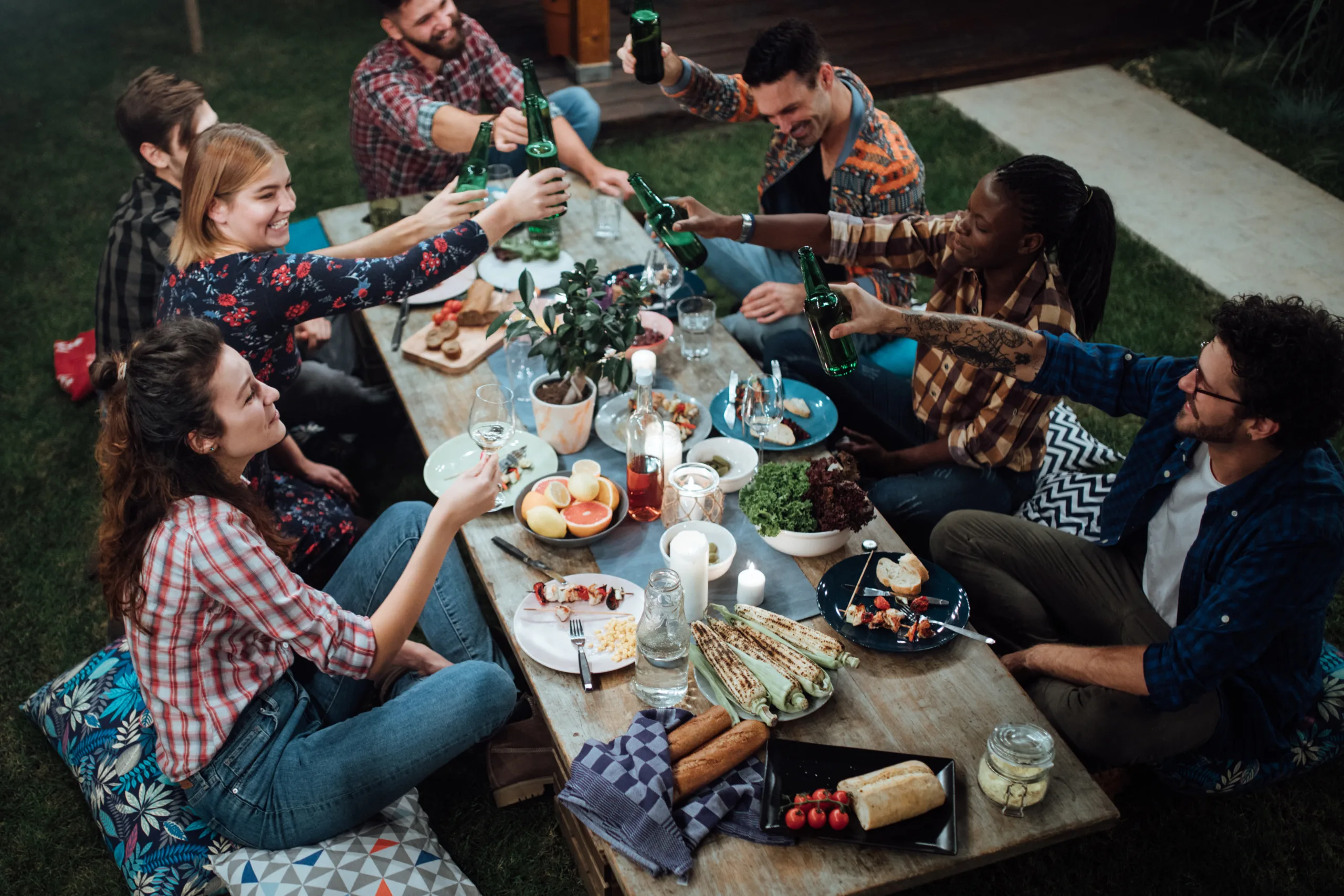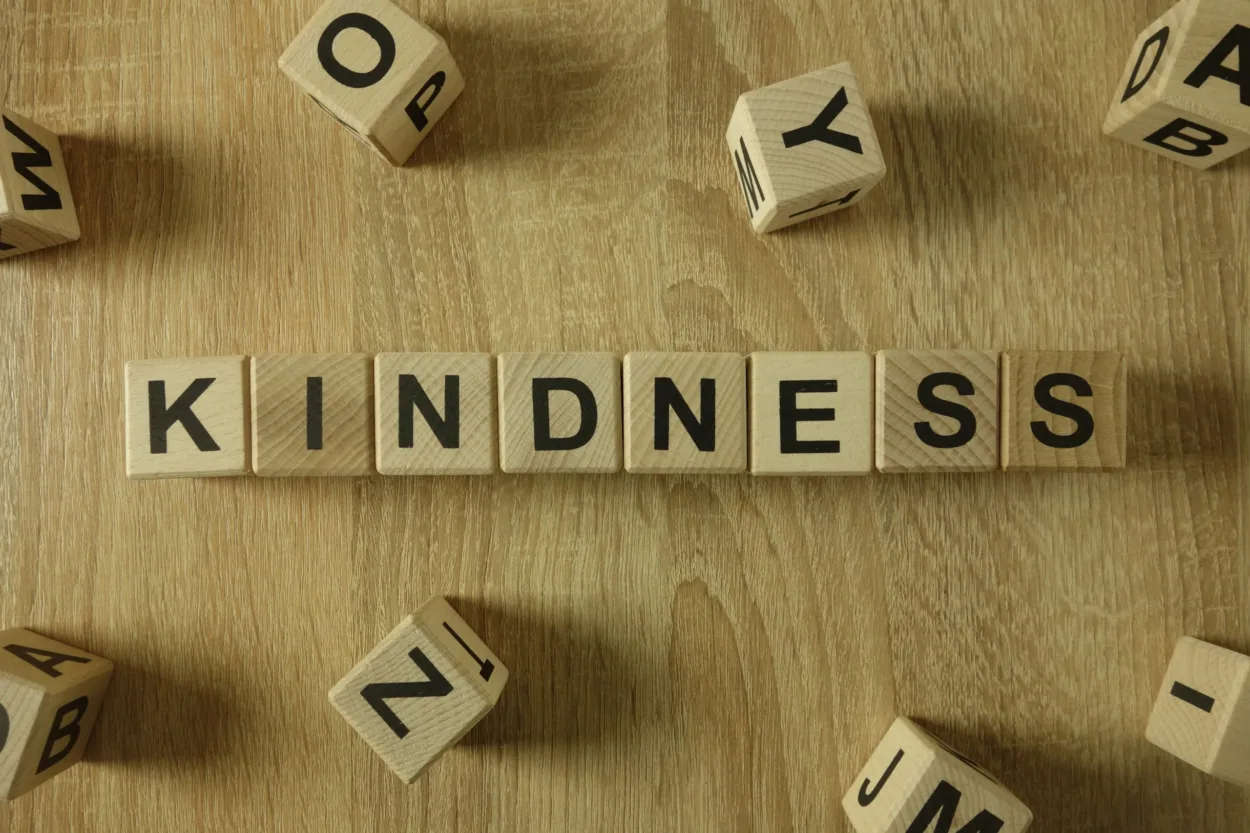How to Plan for the Holidays While in Recovery from Substance Abuse

The holidays are a time for celebrating, spending time with family and taking part in traditions. For someone recovering from substance abuse, the amount of merriment can actually be more challenging than rewarding, as numerous holiday events can incidentally expose one to a number of various triggers.
Does this mean that everything that happens between Thanksgiving and New Year should be given a wide berth?
Not necessarily! It simply means that those in recovery may need to be more aware of situations that could be triggering, and therefore have a plan in place for either avoiding or handling triggers.
How can I handle triggers during the holiday?
Those recovering from substance abuse — and even those who have been sober for a long time — may find the holidays to be especially triggering. There are a few reasons for this—it might be due to the number of parties being thrown and attended, encountering difficult family members or a difficult time of grief, or having lost a loved one.
No matter the cause, it’s important to be aware of the reality that the holidays may be a challenging time and to have a game plan in place for if, and when, triggers arise.
Don’t be afraid of saying no
There are some things you might just not feel ready to take on — this is okay! When you’re in recovery, depending on where you’re at in the process, you might feel capable of attending two or three holiday parties, or you might know that just going to one is a bad idea.
For this reason, there’s no shame in saying no. You might choose to attend the traditional Christmas Eve party at your grandparents’ house, but turn down the invite to the office party. Take the time to analyze what you’re willing to handle, and stand strong in the choice you’ve made for your health and recovery.
Set your boundaries
You might not be able to get out of certain commitments, and if that’s the case, set strong boundaries for yourself while there. This might mean bringing your own non-alcoholic beverages; perhaps it’s leaving after dinner, or once you’ve been there for an hour and things begin to get rowdy.
Boundaries can help you feel in control of the situation, especially if you’ve set them ahead of time. Taking time to set the boundaries you want during the holidays can help you avoid triggers, or allow you to step away from a situation when needed.
Have an accountability partner
It might be beneficial to ask a close family member or friend to be an accountability partner for you during this time. The two of you can keep each other accountable when attending events or parties, promising beforehand to not drink, for example, and ensuring that the promise is respected throughout the duration of the event.
Not only does a partner help you remain dedicated to your recovery, but it can also offer a sense of comfort knowing you’re not the only one practicing sobriety that night.
Be intentional with self-care
In the time leading up to the spike in holiday festivities, make sure you’re doing all you can to take care of yourself and build up that mental strength and stamina. Attend more support meetings, be intentional about getting enough exercise and sleep, journal, meditate, etc.
Whatever you need to do during this time to support yourself, do it.
Talk with your family and friends
No one wants their invitation to be rejected, but sometimes you need to turn down invites during the holidays if you know attending certain parties could be particularly triggering. For this reason, make sure you communicate with your family and friends why you’re choosing not to attend.
Your loved ones might not respond well to a “no” without explanation, so taking the time to explain your discomfort attending a party due to the way it may compromise your recovery journey may be helpful. You don’t need to over-explain, but simply offering that you’re practicing sobriety and unwilling to put that at risk could help them understand where you’re coming from.
Don’t be afraid to ask for help
It’s hard facing the holidays while recovering from substance abuse and it’s not something anyone expects you to do alone. Reaching out to family, friends or even your therapist during this time can provide you with support, comfort and encouragement when you need it most.
Need additional support?
If you need more support as you recover from substance abuse, consider the programs and treatment plans offered through High Focus Centers PA. From outpatient counseling to inpatient treatment, our counselors are here to help you find a program to benefit you. Learn more by calling our offices anytime at 610-644-6464.







